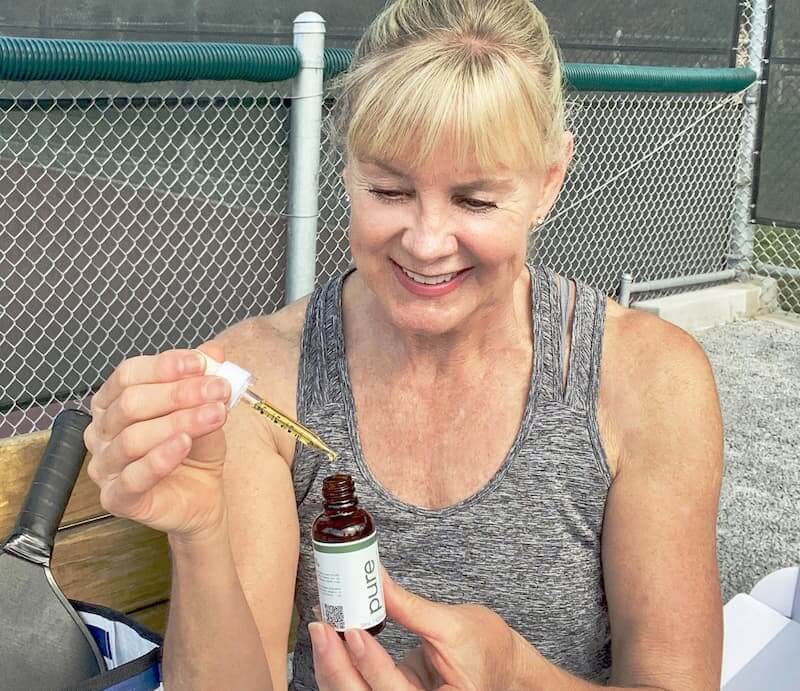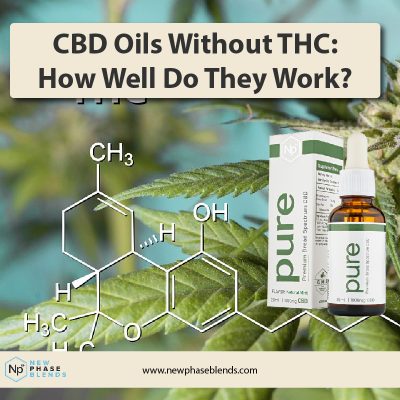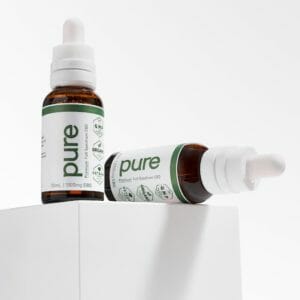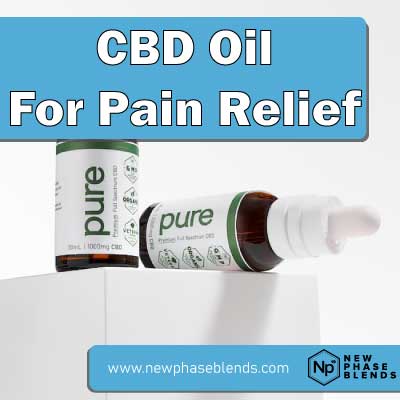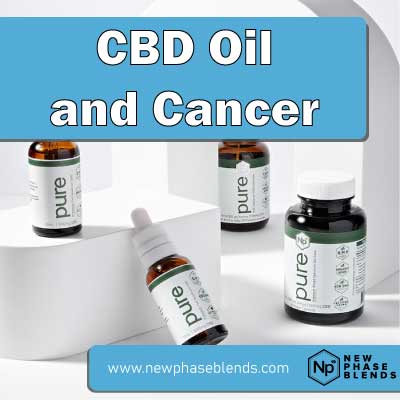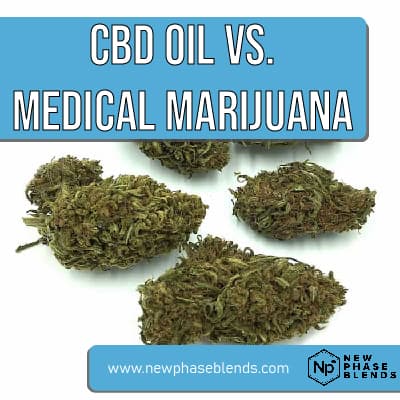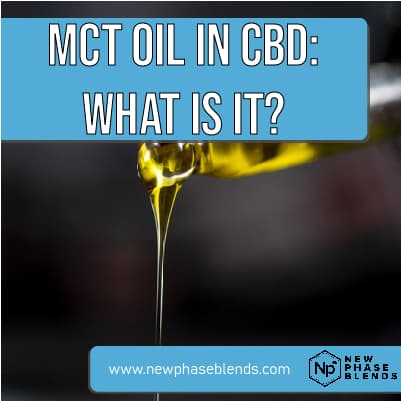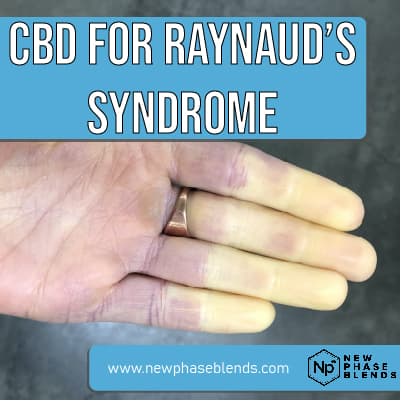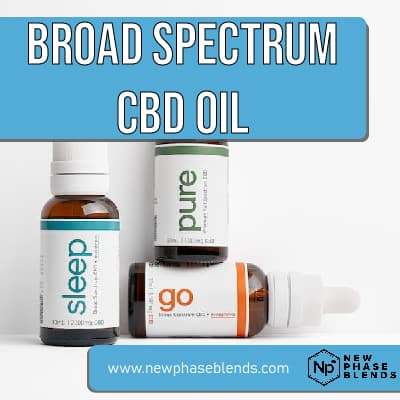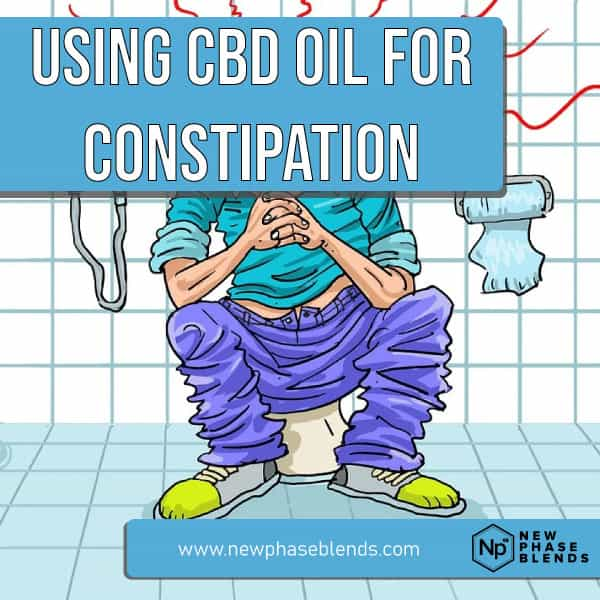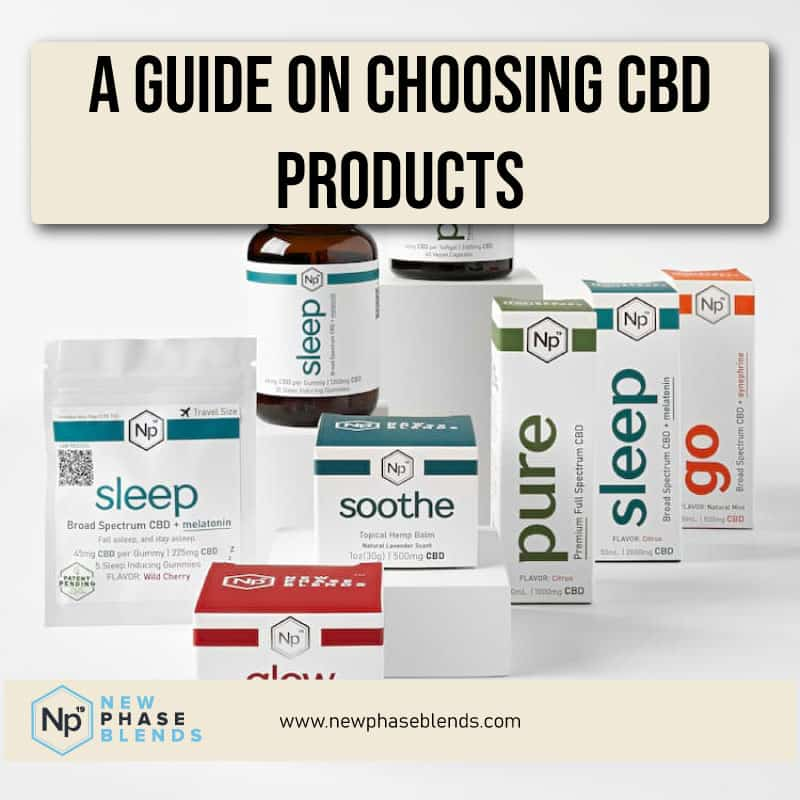Cannabidiol (CBD) has emerged as a promising natural wellness solution for individuals seeking relief without the psychoactive effects associated with THC. CBD oil without THC offers a unique approach to supporting mental and physical well-being, providing therapeutic benefits without the “high” typically associated with cannabis products.
Understanding CBD and THC: Key Differences
What Makes CBD Without THC Unique?
- Non-Psychoactive: Unlike THC, CBD does not produce intoxicating effects
- Legal Accessibility: Federally legal when derived from hemp with less than 0.3% THC
- Therapeutic Potential: Offers potential health benefits without cognitive impairment
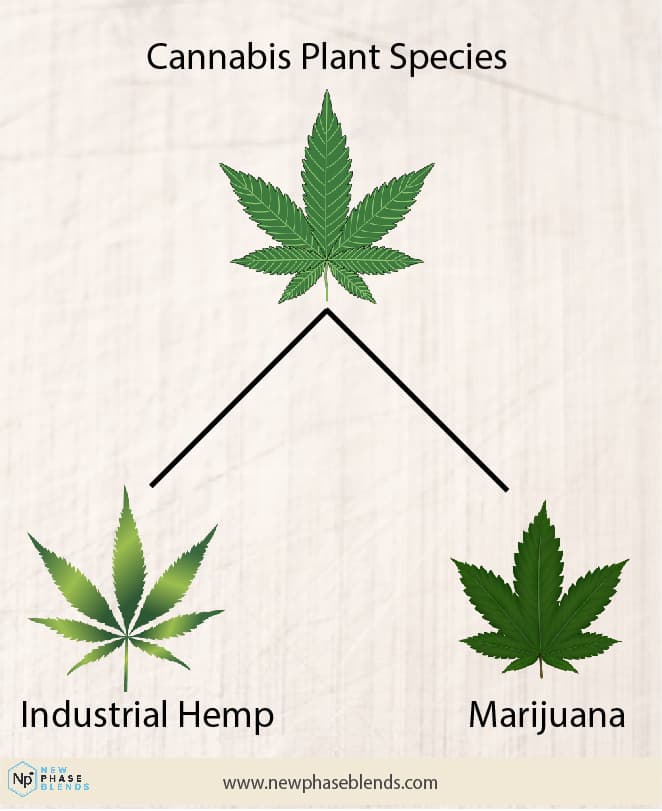
Health Benefits of THC-Free CBD Oil
Mental Wellness Support
CBD without THC can potentially help with:
- Anxiety management
- Mood stabilization
- Stress reduction
- Improved focus
- Sleep support
Physical Health Advantages
- Natural anti-inflammatory properties
- Pain management
- Potential neurological support
- Potential immune system regulation
Types of THC-Free CBD Products
Spectrum Options
- Broad Spectrum CBD
- Contains multiple cannabinoids
- Virtually zero THC content
- Potential enhanced therapeutic effects
- CBD Isolate
- Pure CBD extract
- 100% THC-free
- Most refined CBD option
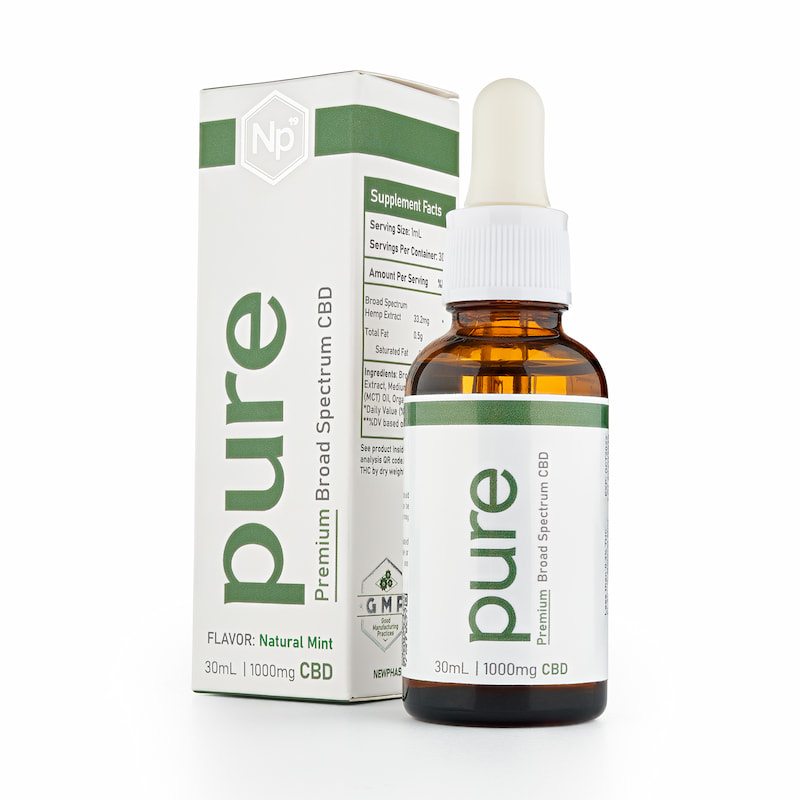
Consumption Methods
- Tinctures
- Capsules
- Gummies
- Topical applications
- Energy and focus blends
- Sleep-specific formulations
Navigating Legal and Safety Considerations
Legal Landscape
- Federally legal under the 2018 Farm Bill
- Must contain less than 0.3% THC
- Varies by state and international regulations
Safety Considerations
- Generally well-tolerated
- Minimal side effects
- Potential interactions with medications
- Recommended consultation with healthcare professionals
How to Choose Quality THC-Free CBD Products
Key Selection Criteria
- Third-party lab testing
- Organic hemp sourcing
- Transparent manufacturing
- Comprehensive cannabinoid profile
- Carrier oil quality (e.g., MCT oil)
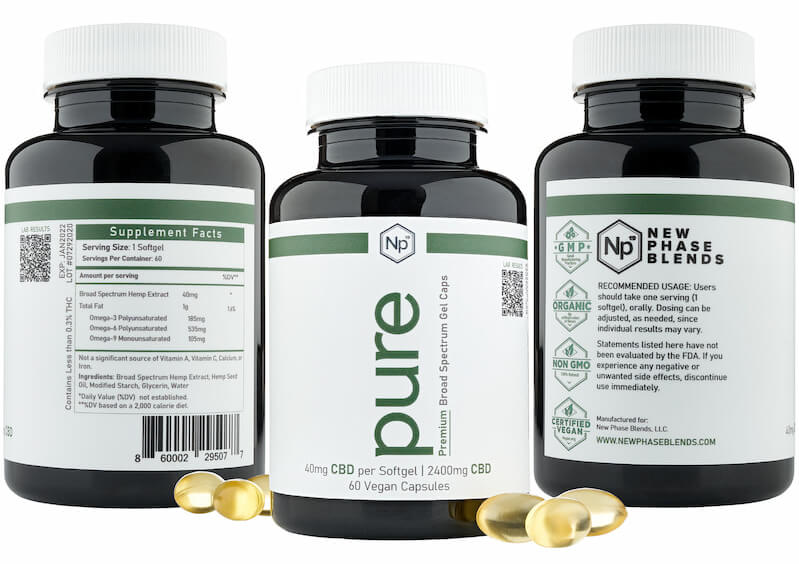
Red Flags to Avoid
- Lack of lab testing documentation
- Unrealistic health claims
- Extremely low-priced products
- Unclear ingredient lists

Understanding Bioavailability and Absorption
Factors Affecting CBD Effectiveness
- Consumption method
- Individual metabolism
- Product quality
- Dosage
- Personal health conditions
Recommended Dosage Guidelines
- Start with low doses (5-10mg)
- Gradually increase as needed
- Monitor individual response
- Consult healthcare professionals
The Science Behind CBD: Endocannabinoid System
How CBD Interacts with Your Body
- Supports the endocannabinoid system
- Potential regulation of:
- Mood
- Sleep
- Pain perception
- Immune response
Potential Therapeutic Applications
Emerging Research Areas
- Anxiety management
- Sleep disorders
- Chronic pain
- Neurological support
- Inflammation reduction
Practical Considerations for New Users
Getting Started with CBD
- Consult healthcare provider
- Choose reputable brands
- Start with low dosages
- Monitor personal response
- Be patient with results
Conclusion: Embracing Natural Wellness
THC-free CBD oil represents a promising natural approach to wellness, offering potential therapeutic benefits without psychoactive effects. By understanding its nuances, selecting high-quality products, and approaching usage mindfully, individuals can explore this alternative wellness strategy.
Frequently Asked Questions
Is CBD without THC legal?
Yes, CBD derived from hemp with less than 0.3% THC is federally legal in the United States.
Will CBD without THC make me fail a drug test?
Typically, pure CBD should not cause a positive drug test. However, always verify product testing and THC content.
How quickly does CBD work?
Effects vary by individual and consumption method, ranging from immediate to several weeks of consistent use.
Can I use CBD during the day?
Many users report improved focus and reduced anxiety without significant drowsiness.
